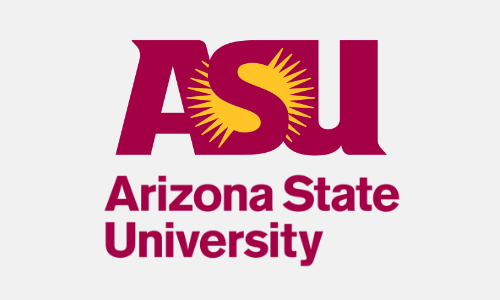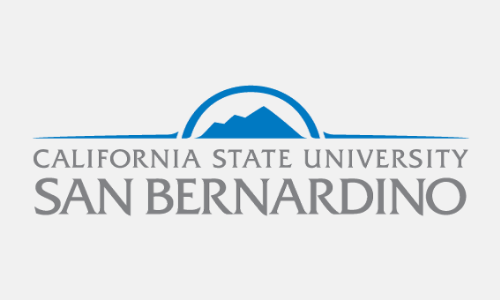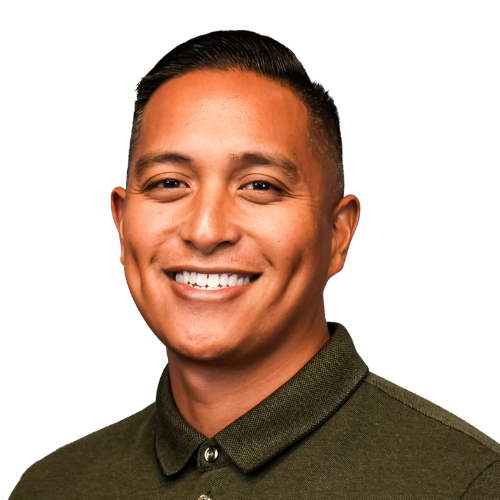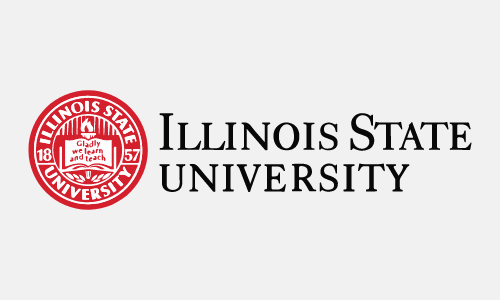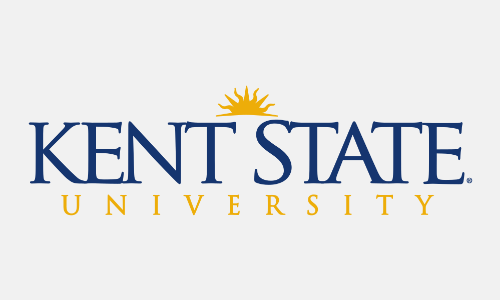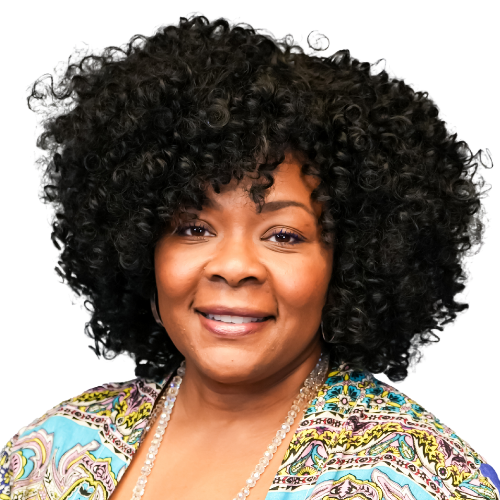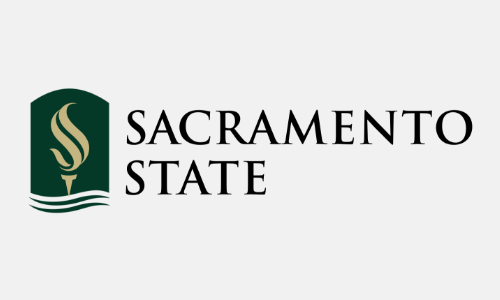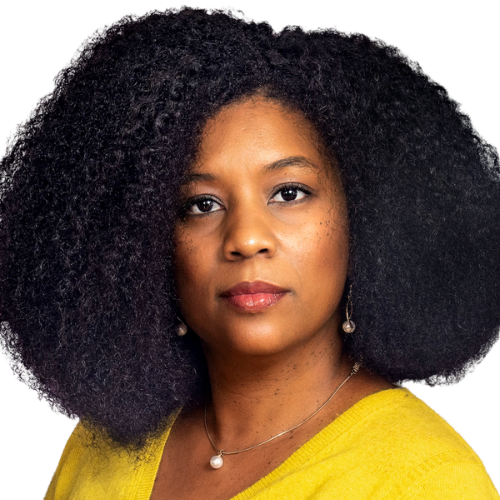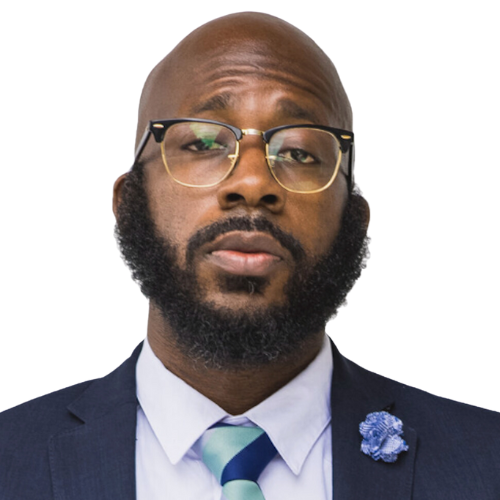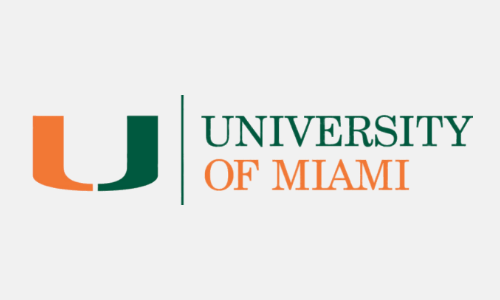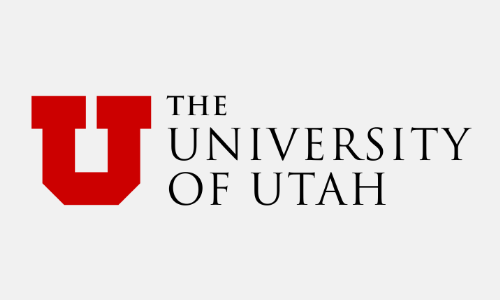First Star Academies
First Star’s Academies are a long-term college-prep program for high school students in foster care that includes immersive residential summers on a university campus and monthly sessions during each school year. We keep our scholars on track for high school graduation and prepare them for higher education and adulthood by providing specialized programming that addresses the academics, life skills, and adult supports needed by students in foster care. Our innovation lies in our holistic model embedded within a university community and responsiveness to the unique needs of youth in foster care.
First Star seeks to build life and psycho-social skills, foster healthy relationships with adult caregivers and mentors, and provide educational advocacy, in addition to offering a rigorous curriculum to address both the remedial and college prep needs of our scholars. We leverage the resources of each university and partnerships with local child welfare and school systems. The program’s family support services have the ultimate goal of stabilizing youth in care and improving the educational outcomes of these young people. First piloted at UCLA in 2011, the First Star Academy Program has expanded throughout the country.
The First Star Programs Lead to Success
First Star’s Academies are a long-term college-prep program for high school students in foster care. We keep our scholars on track for high school graduation and prepare them for higher education and adulthood by providing specialized programming that addresses the academics, life skills, and adult supports unique to students in foster care.
Academy Programs
4 year college prep. program for foster youth focused on academics and life skills through monthly and summer residential programming on a university campus.
Alumni Program
Offered to scholars who graduate the Academy as a resource during their transition to adulthood.
Virtual Engagement
Weekly mentoring and tutoring sessions, as well as an open environment to connect and build community through virtual hangouts.
Caregiver Engagement
Seminars and workshops that provide tools to caregivers to become advocates for their youth.
Scholar Advisory Committee
Leadership opportunity for scholars focused on becoming civically engaged and enacting change in their local communities.
STEAM Academy
Monthly virtual sessions and access to online courses that focus on Science, Technology, Engineering, Arts, and Math.
The First Star Programs Lead to Success
First Star’s Academies are a long-term college-prep program for high school students in foster care. We keep our scholars on track for high school graduation and prepare them for higher education and adulthood by providing specialized programming that addresses the academics, life skills, and adult supports unique to students in foster care.
Academy Programs
4 year college prep. program for foster youth focused on academics and life skills through monthly and summer residential programming on a university campus.
Alumni Program
Offered to scholars who graduate the Academy as a resource during their transition to adulthood.
Virtual Engagement
Weekly mentoring and tutoring sessions, as well as an open environment to connect and build community through virtual hangouts.
Caregiver Engagement
Seminars and workshops that provide tools to caregivers to become advocates for their youth.
Scholar Advisory Committee
Leadership opportunity for scholars focused on becoming civically engaged and enacting change in their local communities.
STEAM Academy
Monthly virtual sessions and access to online courses that focus on Science, Technology, Engineering, Arts, and Math.
Take a Look Inside One of Our Academies
Scholars and Peer Mentors at the First Star Cal State University San Bernardino Academy share the impact of the program.
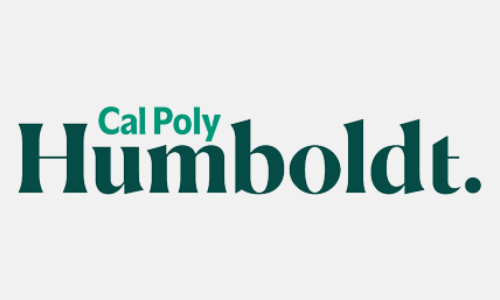
California State Polytechnic University, Humboldt
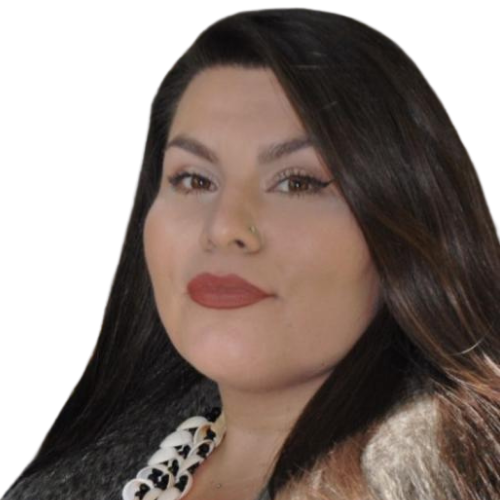
Academy Director: Sasheen Raymond, MA
ssr19@humboldt.edu

Old Dominion University via The Friends of Foster Care

Academy Director: Melvin Roy
melvin.roy@friendsoffostercare.org
FIRST STAR ACADEMIES
PROGRAM COMPONENTS
The First Star Academies keep youth on track for high school graduation, and prepare them for higher education and adulthood by providing specialized programming that addresses: (1) academics; (2) life skills; and (3) caregiver and mentor engagement.
Academic Supports
Foster youth have the poorest education outcomes in the country because of school instability and unaddressed special education needs. By third grade, more than 80% are retained, and by eleventh grade, less than 20 percent are proficient in English or Math. Only half of foster youth ever graduate high school, and only three percent earn a college degree.
The Academies reverse these trends for participating youth through targeted academic instruction and education advocacy. During the Summer Academies and monthly sessions, experienced instructors teach the youth grade-specific content and provide remedial supports as needed. These instructors also provide PSAT and SAT/ACT prep to ensure the youth are competitive during the college admissions process. Academies review youths’ school records, track their progress towards high school graduation, and identify and secure any supports they need to succeed in school. The Academies strive to work with the youths’ caregivers, social workers, attorneys, and schools to develop a coordinated academic plan for high school graduation and admissions to higher education.
Life Skills
Foster youth often lack the skills needed to successfully transition into adulthood. Upon aging out of the system, they are often expected to independently manage their education, employment, housing, healthcare, and finances without the support of other adults. The Academies develop a life skills workshop curriculum to ensure the youth are prepared for adulthood. Workshops include topics such as higher education, budgeting, identity theft, housing, hygiene, healthy relationships, and substance abuse.
Caregiver and Mentor Engagement
Too often, foster youth repeatedly move placements and exit foster care without any family or permanent adult supports. The Academies strive to work with attorneys and social workers to ensure youth are in appropriate foster homes, and then engage caregivers to ensure they have the supports needed to keep youth in their homes. Where appropriate, biological parents are engaged and supported to help with the reunification process. In addition, by working with local partners, the Academies identify and train peer mentors (often former foster youth) who provide additional support to the youth as they transition into higher education. The goal of these efforts is to ensure that youth transition into adulthood with a team who can provide ongoing and continued support.
FIRST STAR ACADEMIES
PROGRAM COMPONENTS
The First Star Academies keep youth on track for high school graduation, and prepare them for higher education and adulthood by providing specialized programming that addresses: (1) academics; (2) life skills; and (3) caregiver and mentor engagement.
Academic Supports
Foster youth have the poorest education outcomes in the country because of school instability and unaddressed special education needs. By third grade, more than 80% are retained, and by eleventh grade, less than 20 percent are proficient in English or Math. Only half of foster youth ever graduate high school, and only three percent earn a college degree.
The Academies reverse these trends for participating youth through targeted academic instruction and education advocacy. During the Summer Academies and monthly sessions, experienced instructors teach the youth grade-specific content and provide remedial supports as needed. These instructors also provide PSAT and SAT/ACT prep to ensure the youth are competitive during the college admissions process. Academies review youths’ school records, track their progress towards high school graduation, and identify and secure any supports they need to succeed in school. The Academies strive to work with the youths’ caregivers, social workers, attorneys, and schools to develop a coordinated academic plan for high school graduation and admissions to higher education.
Life Skills
Foster youth often lack the skills needed to successfully transition into adulthood. Upon aging out of the system, they are often expected to independently manage their education, employment, housing, healthcare, and finances without the support of other adults. The Academies develop a life skills workshop curriculum to ensure the youth are prepared for adulthood. Workshops include topics such as higher education, budgeting, identity theft, housing, hygiene, healthy relationships, and substance abuse.
Caregiver and Mentor Engagement
Too often, foster youth repeatedly move placements and exit foster care without any family or permanent adult supports. The Academies strive to work with attorneys and social workers to ensure youth are in appropriate foster homes, and then engage caregivers to ensure they have the supports needed to keep youth in their homes. Where appropriate, biological parents are engaged and supported to help with the reunification process. In addition, by working with local partners, the Academies identify and train peer mentors (often former foster youth) who provide additional support to the youth as they transition into higher education. The goal of these efforts is to ensure that youth transition into adulthood with a team who can provide ongoing and continued support.

